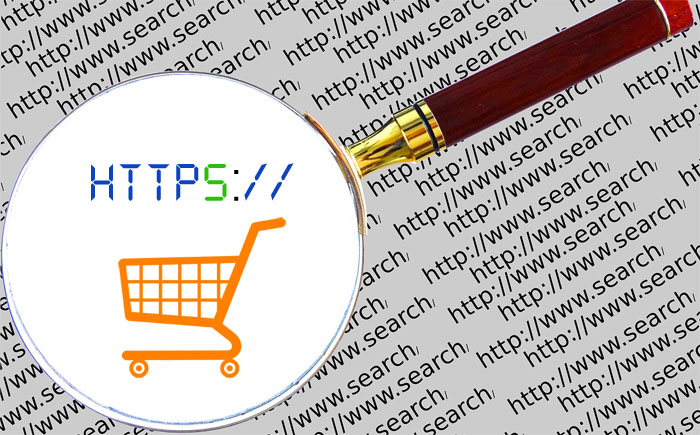Confidence is so important on the Internet. Any site that acquires a reputation for unreliability, insecurity or dishonesty can expect to see traffic dwindle to zero. On the other hand, a site that can prove it takes security seriously can attract more visitors. And that can be good, whether your hosted web site is for a community, a membership service, or e-commerce. Surfers and online shoppers also increasingly recognize the on-screen presence of a small padlock icon or a website address that begins with “https://…” as signs that they can trust the site they’re connecting to. That’s SSL or ‘secure sockets layer’ in action. So how does SSL help you gain visitors’ trust?

PROTECTING INFORMATION AS IT’S TRANSMITTED
SSL operates between a visitor’s browser and your site or application. It’s an industry-standard mechanism that ensures the encryption of data being passed backwards and forwards, so that no unauthorized person can spy on the information and hack it. It also prevents cyber criminals from diverting visitor traffic to their own site using their own encryption, and gaining access to your data that way. All major web browsers have SSL capability built in. But for a website to have SSL capability means acquiring a specific SSL certificate.
HOW TO GET A SSL CERTIFICATE?
You have to apply to an authorized issuer of SSL certificates and be vetted. Such an authorized entity is known as a Certificate Authority (CA). Browser companies like Microsoft, Google, Apple and so on trust the CA to only issue CCL certificates to other trustworthy companies. The CA has its own Root Certificate (so there aren’t many of these in the world!), which it uses to generate individual SSL certificates. It also checks that you have the right to use the domain name under which your website operates and may also make checks on your company identity (depending on the ‘strength’ of the SSL certificate you want.). SSL certificates are then installed on the web servers concerned as data files.
WHAT DOES SSL DO FOR YOU?
Lots of things! It makes your site or system look more professional. SSL certificates have to be earned. It helps clinch a decision by a visitor to sign up as a member or to make payment through your site. If you sell online and you use a reputable online payment partner, that partner will have SSL implemented. However, there are additional reasons for having your own SSL, such as protecting visitors’ personal details – and also protecting any confidential information that you may send back to them (access to a private server, administrator privileges, cash voucher numbers, etc.)
WHAT SSL DOES NOT DO FOR YOU?
Again – lots of things, because SSL is designed to exclusively protect the integrity of data while it’s in transit between one system and another. If the information happens to contain a virus, SSL will faithfully transmit that virus. If it contains an attempt to gain illicit access to your web site or database files, SSL will transmit that as well. In other words, while SSL is excellent for protecting data on the move in a network link, both browser users and web site owners must still take all required precautions to prevent any malware from circulating or any undesirable actions within the systems themselves. So add good system security (or find a web hosting provider who can guarantee it) to SSL and you’ll be a step ahead all round in enhancing your website experience and visitors’ confidence.